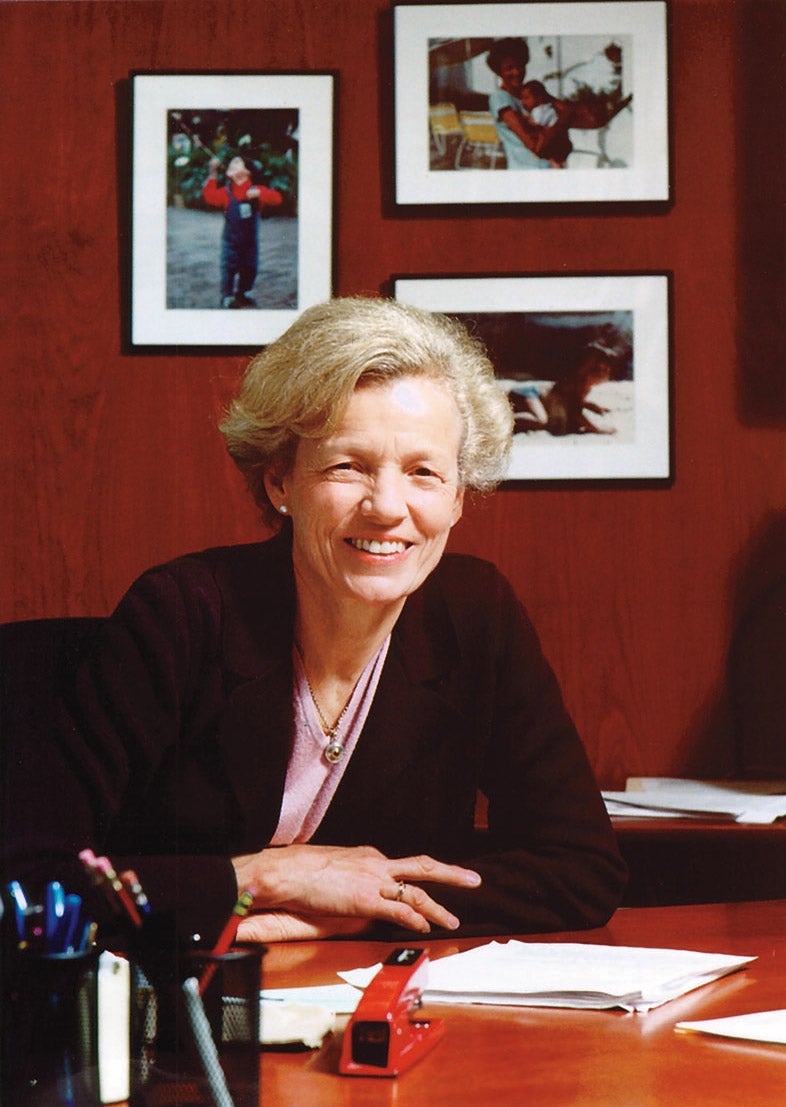The following op-ed by Harvard Law School Professor Elizabeth Bartholet ’65 about the adoption crisis in the wake of the Haiti earthquake appeared in the Feb. 1 edition of the New York Times Room for Debate Blog.
Put children’s safety first
Elizabeth Bartholet
For most unparented children — children with no prospect of living with birth parents — the best option by far is early placement in adoption, and for children in poor countries adoptive homes will generally exist only internationally.
There are apparently now hundreds of thousands of unparented children in Haiti — children who were living in institutions or on the streets before the earthquake, and children newly orphaned since. Their interests demand prompt action to remove them to safe places, investigate whether they have birth relatives ready to provide homes, and place them either in birth or adoptive homes.
Opponents of international adoption always cite the risk of abuses. But it is hypocritical to delay or shut down such adoption in the name of protecting children. The real risk of abuses occurs when unparented children are not placed for adoption.
The children exploited for sex slavery and domestic servitude are those abandoned to the streets and aging out of institutions. Those interested in protecting children should focus on the people who perpetrate these crimes, not those trying in good faith to help unparented children find homes.
Five decades of social science demonstrate that institutions systematically abuse children. Children die at high rates in poor institutions, and even the best institutions destroy children’s life prospects by damaging their intellectual and emotional potential. The risks to unparented children in Haiti today are drastically heightened by the earthquake’s aftermath.
Investigations should, of course, be conducted to find any living relatives who might be able to care for children, but this can be done with the children safely outside Haiti, using photographs and D.N.A. evidence. Prospective adoptive parents should, of course, be screened for parental fitness. But all this should be expedited so that children are not held for unnecessary months or years. The social science makes clear that international adoptees are extremely well treated, with their prospects for overcoming early deprivation dramatically improved by early placement.
Elizabeth Bartholet is a professor and the faculty director of the Child Advocacy Program at Harvard Law School. She is the author of “Family Bonds” and “Nobody’s Children.”
